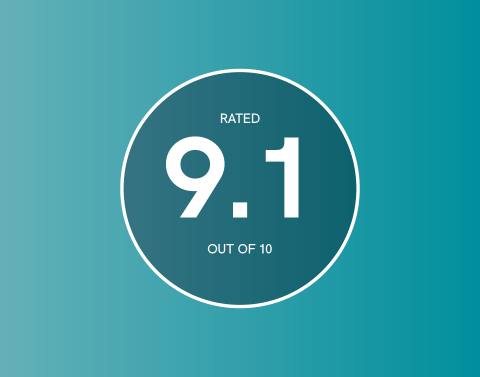The hunt for a job can be frustrating and time-consuming, especially if your search isn’t going to plan. But just as essential as finding the right role is gaining an understanding of why your previous efforts haven’t been successful.
In this post, we’ll be looking into the importance of feedback, and how you can use it to your advantage.
Firstly, whatever the outcome, there’s always something positive to take from the application process. Maybe you got down to the final two candidates, but were ultimately pipped to the post; maybe you never made it through the door to begin with. Either way, you’ll discover an opportunity to learn something new about your skill set. This is where feedback comes in, and unless offered willingly, it’s up to you to seek it out.
There are three main types of feedback: positive, negative and constructive. When it comes to recruitment, you’re more likely to face the latter two, with constructive criticism being the most useful aid to your progression. This approach balances encouraging comments with notes for improvement, so you can identify and implement changes in future submissions. By requesting this style of feedback, you’ll be demonstrating a level of maturity and professional awareness your contact is sure to respect.
Negative feedback is the trickiest to take, but you can turn pitfall into promise. Try to avoid being defensive or overly emotional in your responses. The employer has nothing to gain from lying to you, so however tough their critique, remember it’s meant with good intentions. You could also get involved in the discussion, offsetting negativity by asking questions. This won’t just show that you can engage with feedback but utilise it – an attractive trait to any prospective employer.
Looking for an honest appraisal of your progress? Feel free to contact an Oliver James Associates consultant, or browse our archived posts here.



